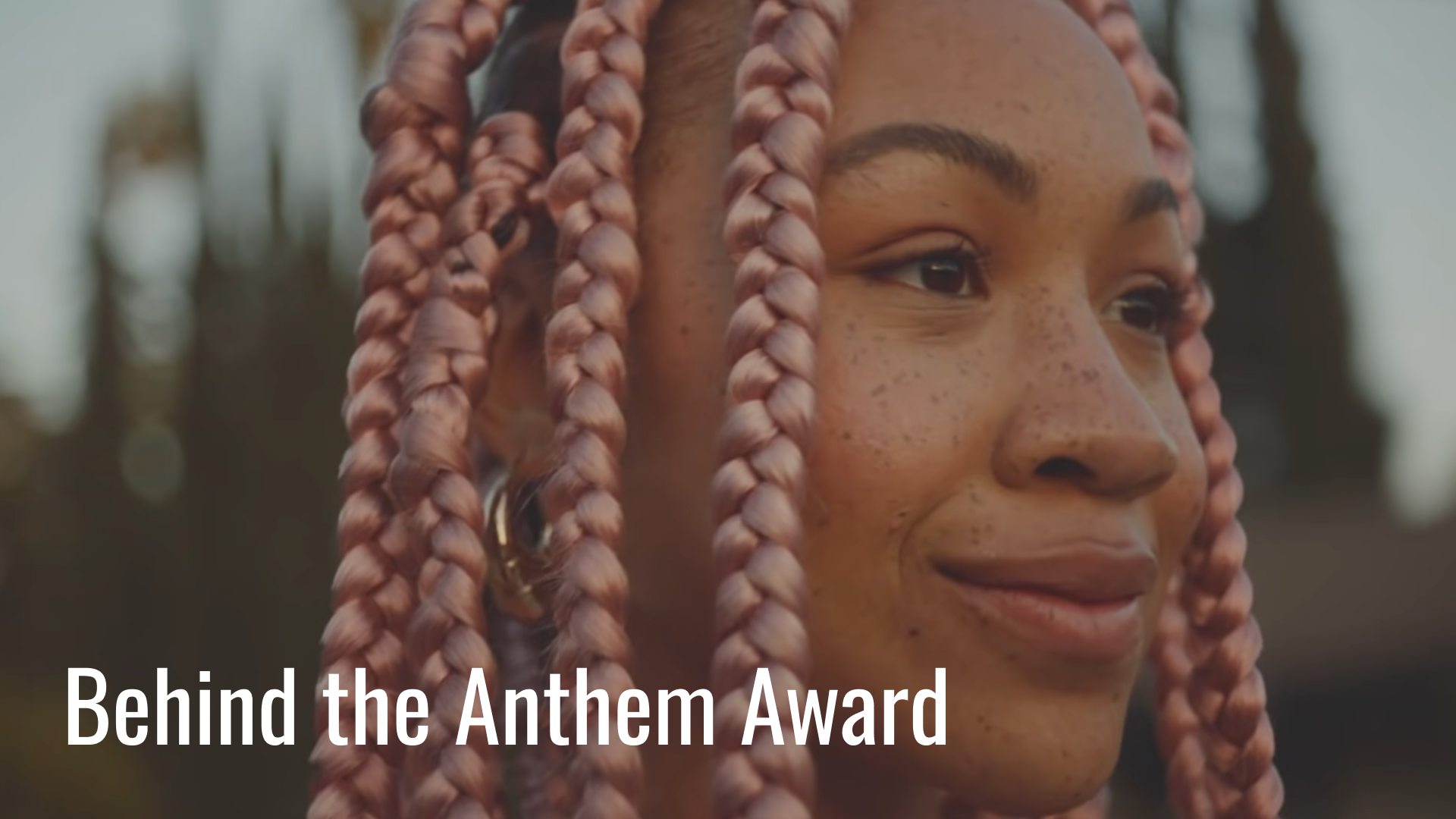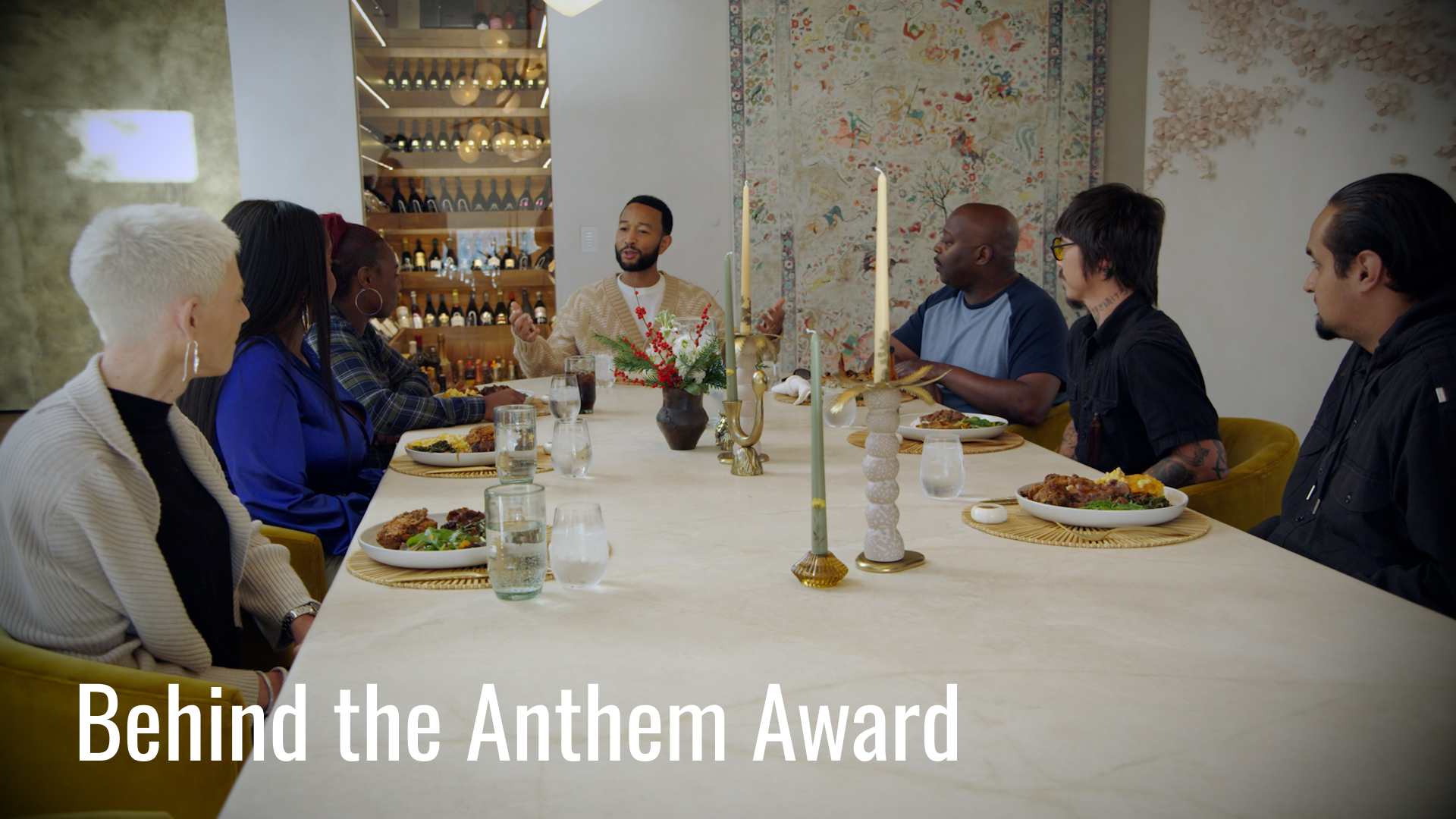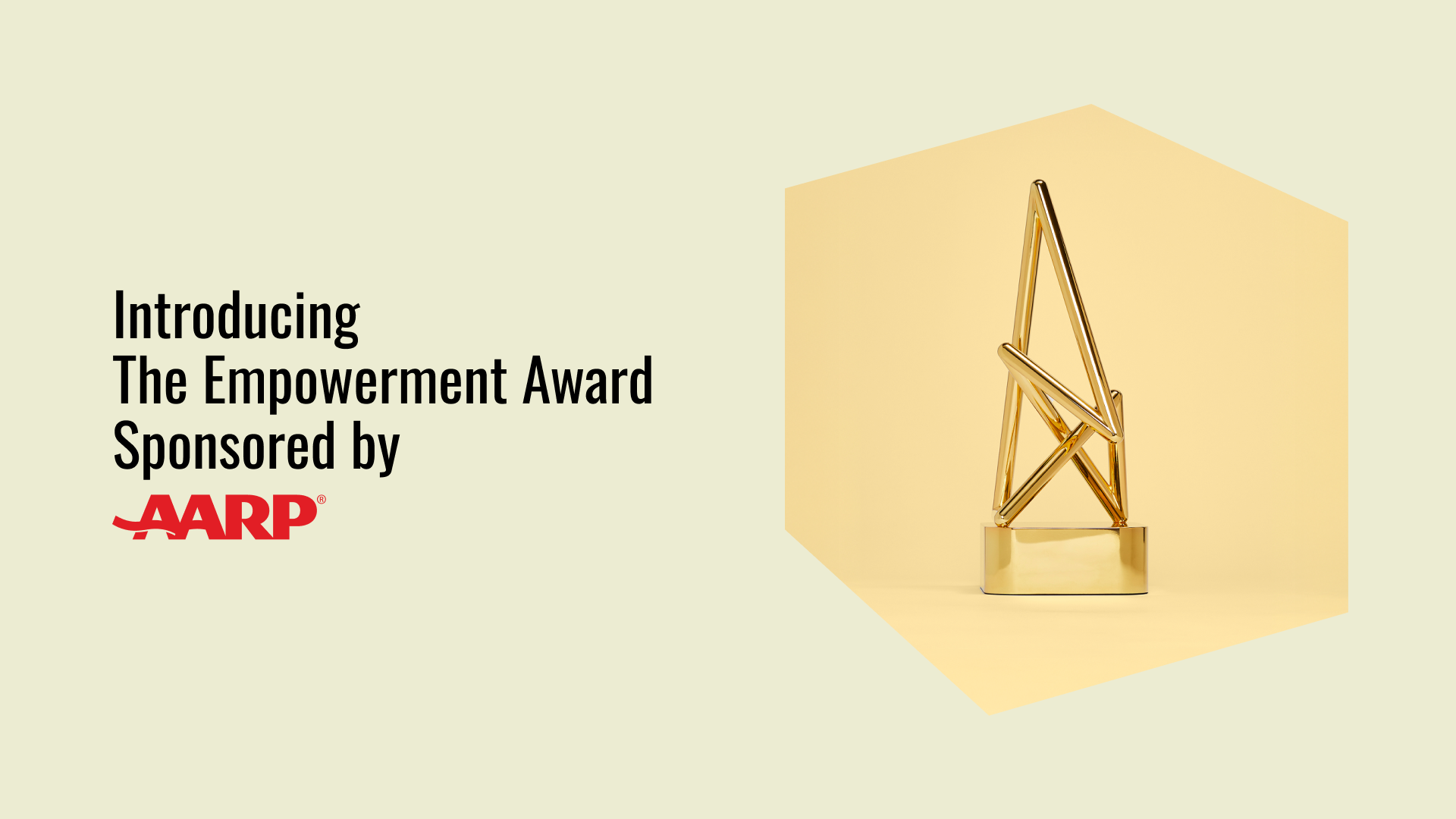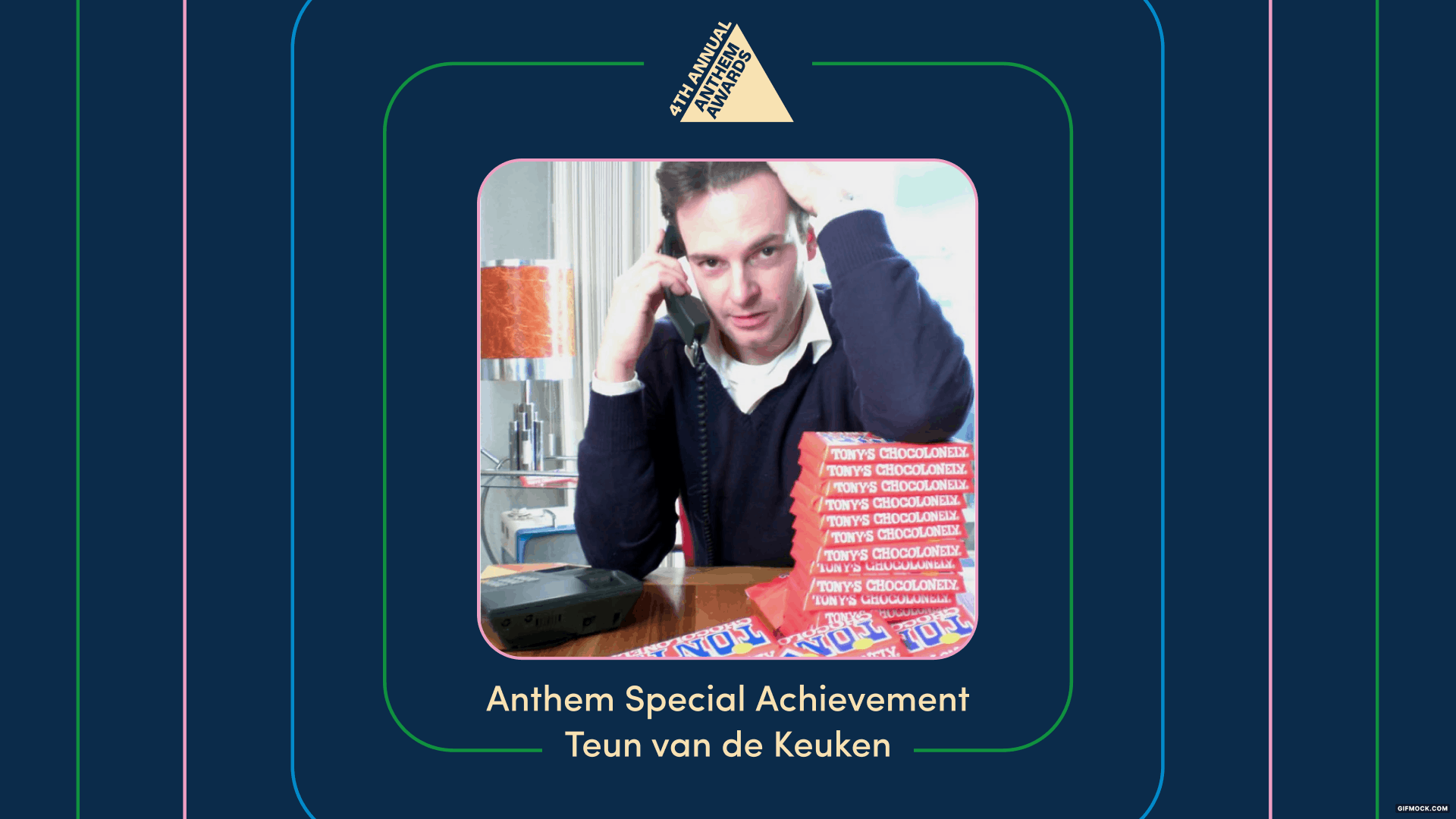Improving Ocean Health Starts with Education
Anthem winners Economist Impact and The Nippon Foundation teamed up to create Back to Blue, an educational resource on ocean health. They understood that to mobilize the public, they first needed to explain the state of our ocean’s health and biodiversity.
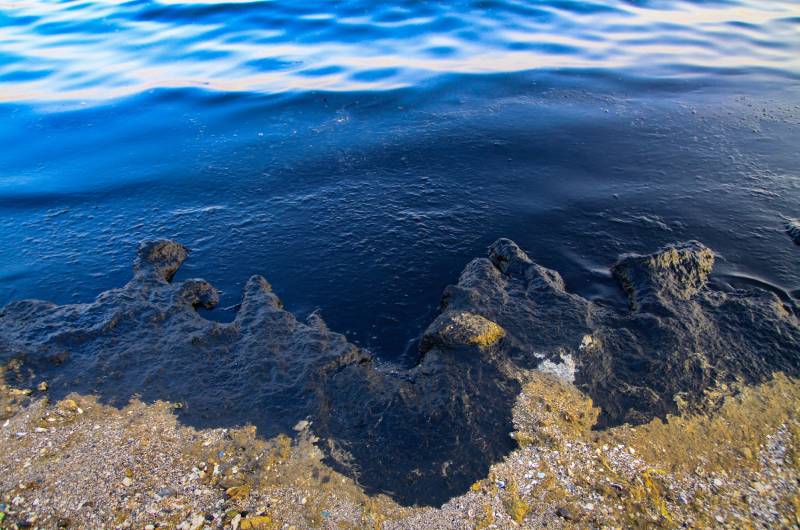
To solve a problem, we first need to understand it. That’s why Economist Impact, a leading media organization, teamed up with The Nippon Foundation, a thought leader in bringing a knowledge base to various social impact causes, created Back to Blue. It’s an online platform and database that brings an analytical perspective to data on ocean health. Back to Blue was created to educate the public on the current state of ocean pollution, with the hopes that it’ll push people to take action to improve ocean health.
The project won a Bronze Anthem Award for its effective reporting on the state of plastic pollution, chemical pollution, and ocean biodiversity. The project combines the scientific knowledge The Nippon Foundation has built over the years with the analytical insights Economist Impact fosters.
We spoke with Economist Impact to learn more about the award-winning project and the change they were hoping to ignite through Back to Blue.
When you came together with the Nippon Foundation to launch the Back to Blue Initiative, what was the main goal for this multi-year project?
Back To Blue marries Economist Impact’s global audience and its reputation for objective, independent analysis with The Nippon Foundation’s global reputation for supporting ocean science, data and evidence. Together, this formed a natural partnership between the two organizations. This unique initiative seeks to support the restoration of ocean health by uncovering and amplifying key insights around marine pollution, developing evidence-based solutions and seeding them to cross-sector stakeholders. Our aim is to have a measurable impact on ocean health.
In an ideal world, what does a sustainable ocean economy look like?
A sustainable ocean economy is one in which economic activity in the seas is in balance with the long-term health of the ocean. At present, human activities continue to push ocean health into a precipitous decline.
The Back to Blue Initiative features the Plastics Management Index, a comprehensive project that analyzes and visualizes plastic management across 25 countries. Can you talk about some of the key findings from your survey of these countries?
The Plastics Management Index measures, compares and contrasts the efforts made by a selection of 25 countries at different stages of development in their management of plastics, covering the entire lifecycle of plastic products. Its goal is to assess each country’s capacity to minimize plastics mismanagement or leakages across the plastics lifecycle, while promoting the optimal production and use of plastic as a resource. In so doing, it views the issue through the lens of policy, regulation and business practice, while also incorporating consumer actions and perspectives. We then conducted a deep dive study looking at key issues and solutions across 25 countries.
Overall the high income countries did well. Of the countries in Asia-Pacific, Japan came in 2nd overall in the Index, followed by Australia in 7th place. Japan and Australia both performed relatively well across the three categories in the Index with all category-level scores featuring in the top 10.
"Interestingly, there is a very low positive correlation between a country’s overall score and the percentage of plastic in its waste stream, and a strongly negative correlation when comparing the overall score against the percentage of inadequately managed waste. This indicates that it is not the proportion of plastic waste each nation produces that counts, but how it handles waste overall."
Tell us about your podcast series that accompanies the Back to Blue Initiative. How are you hoping to influence the wider climate crisis conversation with this podcast?
As greenhouse gasses trap more energy from the sun, the ocean is absorbing more heat, resulting in an increase in sea temperatures, rising sea levels – also having a compounding effect on toxic chemicals and pollutants in the water. The impacts of climate change on the ocean is profound, but so is the impact of marine pollution on climate change. Our podcast series engages with key experts on a range of issues affecting our oceans, with the goal of raising awareness and exploring practical solutions in an easily digestible format for our audiences; either those working in the ocean space, in industry or government as well as sustainability-minded global citizens.
Are there any campaigns that you’re currently working on that we can expect to see soon?
We are currently working on a few projects, one that focuses on Ocean Acidification (slated to launch in November) and another program around marine plastics (to be launched early 2023).
What does winning an inaugural Anthem Award for the Back to Blue Initiative mean to you and your team?
Economist Impact launched in 2021 to catalyze progress. We pride ourselves in working with clients on key issues for which we share a common vision and ambition. The goal is to drive change in the world through a new model of thought leadership that leads with policy research and insights, comes to life through creative innovation and storytelling, and engages and connects the people that have the power to move things forward.
Back to Blue was launched in partnership with the Nippon Foundation in an attempt to really understand the current state of ocean pollution and how to catalyze change. Change will not happen in a single year and a sustained effort is needed.
Winning the Anthem Award gives us great pride, validates we are on the right path, and gives us the confidence and stamina to continue this important work.
The Economist Impact team behind “Back to Blue”
- Charles Goddard, Editorial Director
- Naka Kondo, Senior Editor & Manager, Policy & Insights
- Jons Pette, Senior Vice President, Media Sales
- Katrina Howell, Project Manager & Senior Client Advocate
- Cheryl Fuerte, Creative Producer & Associate Director
Learn more about “Back to Blue”
Watch The Economist Group’s Call to Action Speech from the Inaugural Anthem Awards
Make sure to enter the 2nd Annual Anthem Awards by October 28th to be positioned with notable leaders like Economist Impact and The Nippon foundation! Enter now! https://entries.anthemawards.com/#/enter




